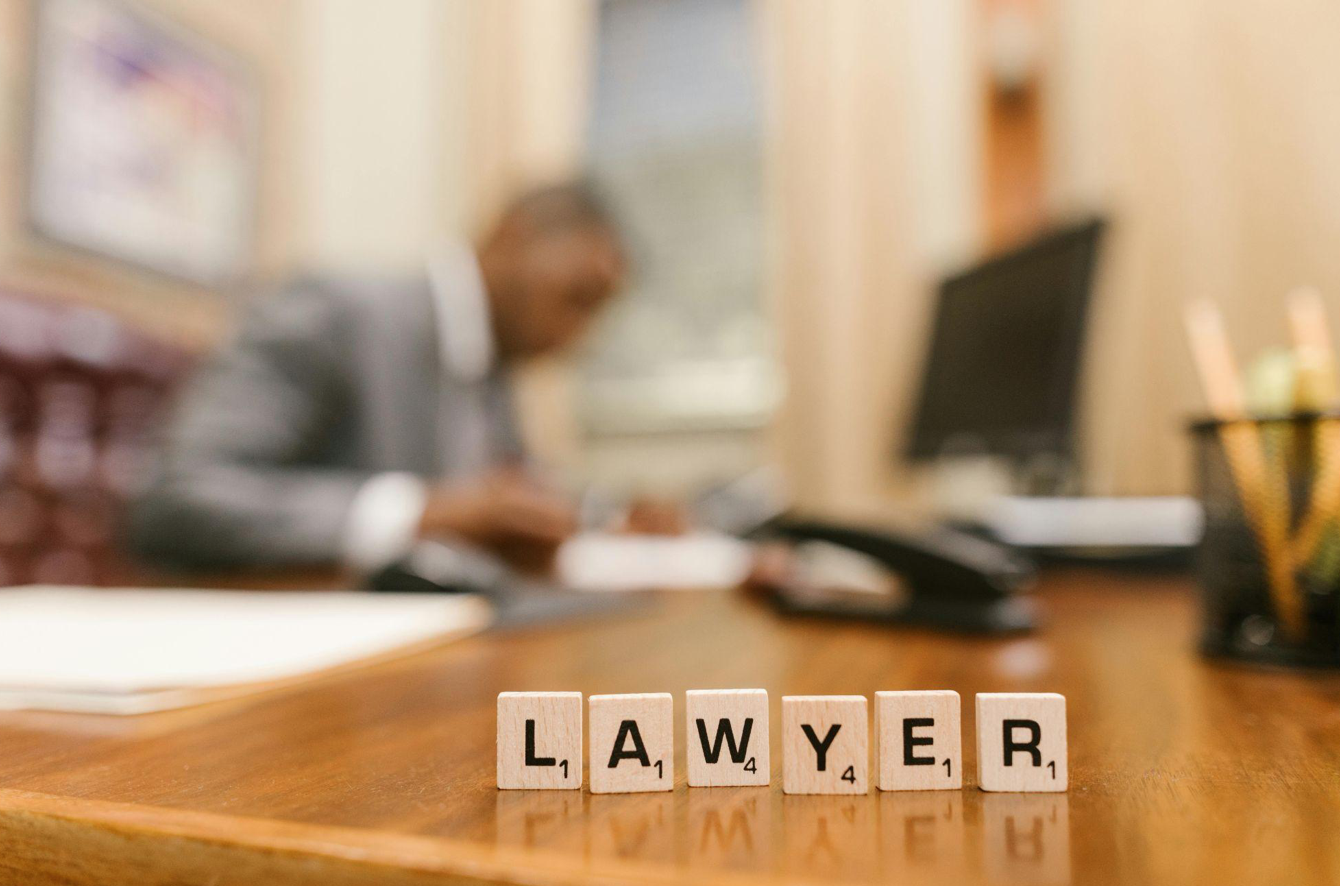Facing legal concerns can be overwhelming, but taking the right steps can make the process more manageable.
Legal issues can be overwhelming, but knowing the right steps to take can really ease the stress. Seeking professional legal advice is key as it clarifies your rights and helps you make informed decisions, keeping you on the right side of the law.
Identifying Your Legal Issue
When facing a legal concern, the first step is to pinpoint the nature of the issue at hand. Whether it’s a criminal charge, a civil dispute, or a family matter, understanding the specific area of law will help you navigate your next steps. Remember, from criminal law to business law, each category has its own nuances that you’ll need to consider.
Gathering Relevant Information
Once you’ve pinpointed the legal issue, gathering all relevant info and documents like contracts, emails, and letters having everything organized is key for your lawyer to assess your situation properly. Create separate folders for both physical and digital copies, and be sure to label everything for easy reference. Don’t forget to jot down key points and important dates as you go along.
Seeking Professional Legal Help
Consulting with a qualified lawyer is important because they have the expertise to provide accurate advice and represent your interests. They simplify complex legal jargon and ensure your rights are protected. When choosing a lawyer, look for someone experienced in cases like yours, has a solid reputation backed by client reviews, and communicates clearly with you. Finding the right legal partner can make all the difference in navigating the legal process successfully.
Understanding Legal Fees
When seeking legal services, it’s important to understand the fee structure, as costs can vary significantly. Lawyers may charge hourly rates, flat fees, or contingency fees based on your case’s specifics, so discussing fees upfront can help avoid any surprises down the line. Remember, knowing your options whether it’s an hourly rate for time spent, a flat fee for particular services, or a contingency fee based on winning, will empower you in the legal process.
Preparing for Your Initial Consultation
Before your meeting with the lawyer, take some time to jot down your questions and concerns to make the most out of your consultation. Having your documents organized will help your lawyer get a quick grasp of your case. Don’t forget to ask about their experience with similar cases, possible outcomes, and how long the process might take
Understanding Your Rights and Obligations
Your lawyer at KQ Lawyers will clarify your rights and obligations based on your unique situation, which is super important for making informed decisions. Key rights include the right to legal representation, privacy in communication, and fair treatment under the law. Understanding these aspects can really help you navigate your legal journey more effectively.
Developing a Legal Strategy

A solid legal strategy is important for effectively navigating your case. Your lawyer will collaborate with you to create a plan detailing the necessary steps, potential challenges, and strategies for achieving the best outcome. Key elements of this strategy include assessing the strengths and weaknesses of your case, collecting and organizing evidence, and exploring negotiation and settlement options. Together, these components work to prepare you for the legal journey ahead.
Staying Informed and Involved
Stay informed and involved throughout the legal process by regularly communicating with your lawyer for updates, providing necessary information, scheduling meetings or calls, inquiring about new developments, and sharing your thoughts and concerns to help ensure your case progresses smoothly.
Keeping Records of All Communications
It’s super important to keep detailed records of all your communications with your lawyer and anyone else involved in your case, whether it’s emails, letters, phone calls, or meeting notes. Having accurate records can really save you if any disputes come up later. To stay organized, create email folders, jot down key points from meetings, and store physical copies securely.
Exploring Alternative Dispute Resolution
Alternative dispute resolution (ADR) methods, such as mediation and arbitration, can effectively resolve legal disputes without the need for court, saving time and money. These approaches are often more cost-effective and quicker than traditional litigation, making them an appealing option. Plus, they provide a level of confidentiality that you won’t find in open court proceedings.
Preparing for Court Proceedings
If your case heads to court, your lawyer will guide you through the process, helping you understand courtroom etiquette and prepare your testimony. It’s important to practice what you’ll say, dress appropriately, and stay calm during the proceedings. Remember, being well-prepared can make a big difference in how your case unfolds.
Facing legal concerns can be overwhelming, but taking the right steps can make the process more manageable. By understanding your legal issue, seeking professional help, and staying informed, you can navigate your case with confidence. Remember, consulting with experienced professionals like KQ Lawyers can provide the guidance and support you need to achieve the best possible outcome.
For those seeking further assistance or personalized advice, consider reaching out to legal experts who can help you refine your approach and ensure your rights are protected.


Join the conversation!